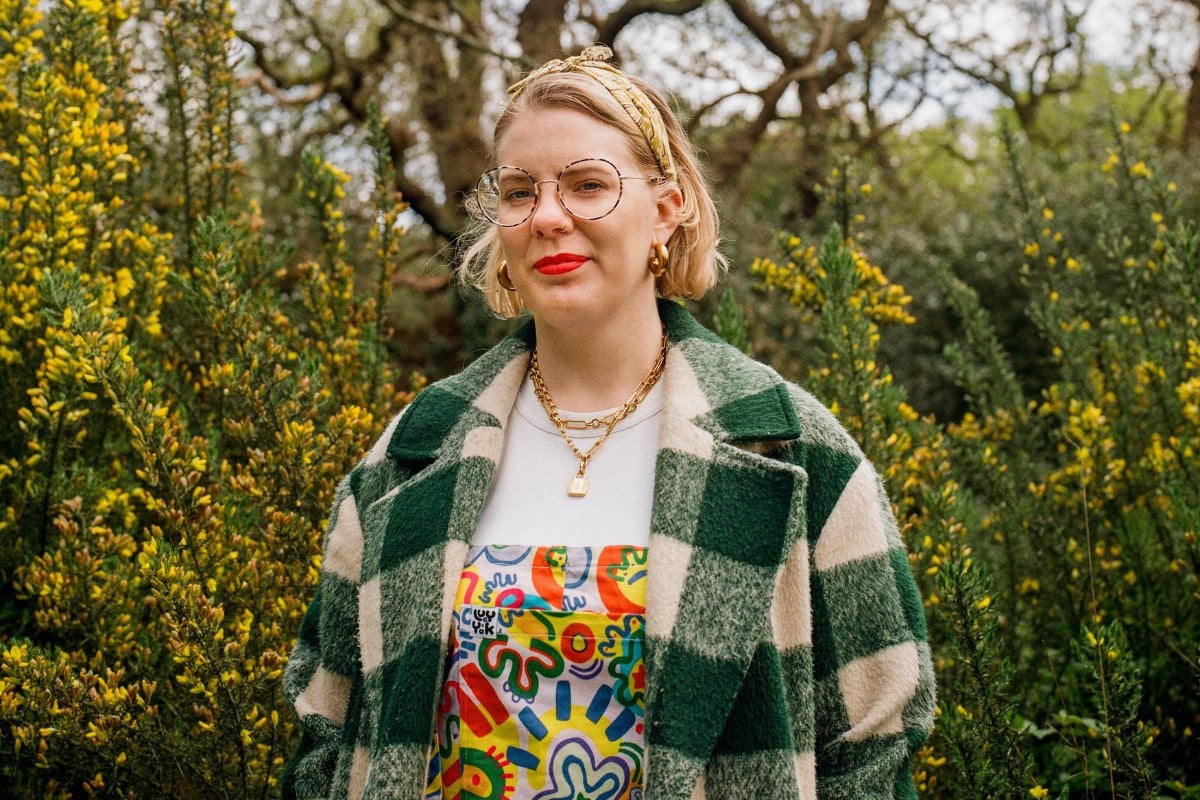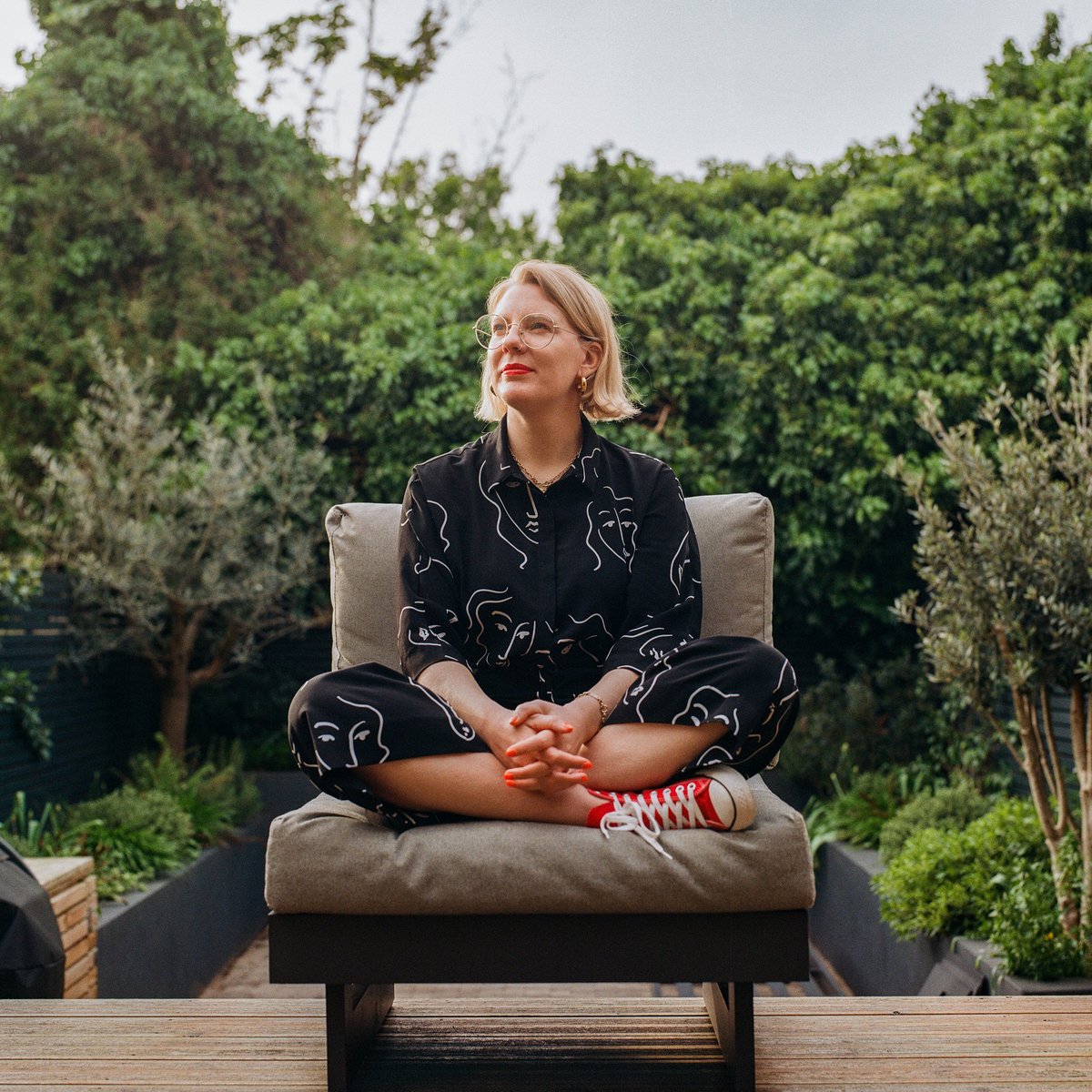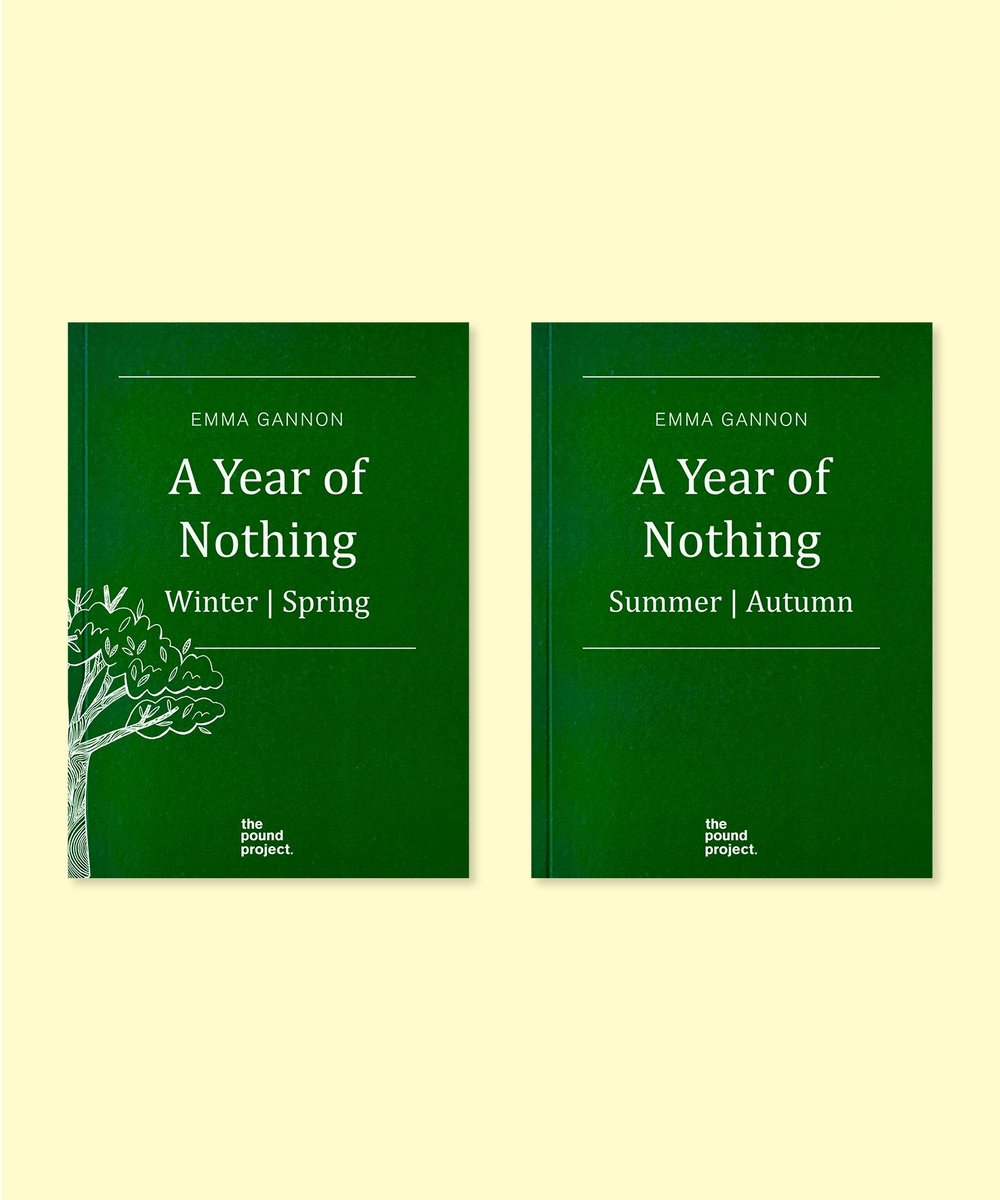
The following is an excerpt from the book by Emma Gannon titled, A Year of Nothing, a two-book special. Now available for purchase.
When you're a woman in your 30s, people around you tend to assume that you will, at some point, have children. At weddings, people would smile at me while I held friends' babies and say things like, "great practice for when you have your own!" When my husband and I were first shown round our now home in London, the estate agent kept pointing out that the two small spare rooms that "would be great baby rooms". They would in fact be our offices (we’re both freelance creative types).
A few months after I got married, my financial advisor rang me to talk through my finances should I need a "year off" soon for "obvious reasons". Did I need to have a plan in place? I wasn't immediately sure what he meant by "obvious reason"? Ah, of course: when I decide to have a baby. When you're self-employed, you ideally need to have a buffer for maternity leave purposes.
Watch: Try some of these scientifically proven hacks to be happy. Post continues after video.


